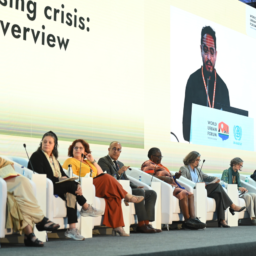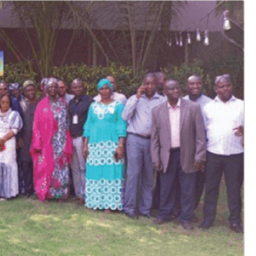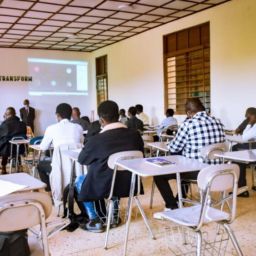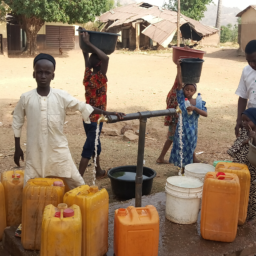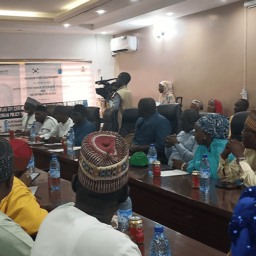Cairo, 5 November 2024
Along the sidelines of the 12th World Urban Forum in Cairo, Egypt, the third edition of the Global State of National Urban Policy (NUP) report was launched. This third edition analyses the form, progress and status of national urban policies globally, with a special focus on how NUPs foster urban resilience, and support provision of adequate, inclusive and sustainable housing. Co-organized by UN-Habitat and the OECD (also co-authors of the report), the event provided a platform for countries to comparatively share their NUP progress and experiences, and to explore how NUPs can guide building resilient cities and support sustainable growth.
Key Findings
Lamia Kamal Chaoui, OECD, presented the report’s findings. The report reveals that more than 80% of the 78 surveyed countries have implemented a form of NUP, with the share of explicit NUP frameworks rising from 51% in 2018 to 72%. “NUPs are transforming how nations tackle urban issues, supporting resilient cities while aligning with SDG targets,” Rossbach noted.
A primary takeaway from the report is the emphasis on resilience, with 90% of National Urban Policies addressing resilience against crises, climate change, and housing instability, highlighting the critical need for secure, affordable, and sustainable housing solutions in urban areas.
Country Experiences: Innovations and Challenges
The event highlighted varied national approaches to urban policy. Countries like Brazil, Korea, Morocco, and Nigeria shared their progress and planned initiatives on housing, urban resilience, among other thematic areas related to NUP. Nigeria’s Minister of Housing and Urban Development, Ahmed Musa Dangiwa, noted the priority placed on multi-level governance and resilient urban planning. On housing, he added that Nigeria has already built over 6,000 housing units and, through a public-private partnership (PPP), will construct 100,000 additional homes in major cities like Lagos and Abuja.
In Morocco, where the urban population is projected to reach 68% by 2030, Badria Benjelloun, Director of Urbanism, outlined Morocco’s strategy to sustain urban growth, including housing reforms, improved mobility, and climate resilience. Morocco’s new investment charter prioritizes sustainable urbanization and renewable energy through 2035, which Benjelloun said reflects “a roadmap to building climate-resilient and economically dynamic urban centers.”
For Korea, with a decades-long history of promoting urban policies, Director Jung Jin Hoon from the Ministry of Land, Infrastructure, and Transport emphasized that structured NUPs prevent unplanned development. Korea has supported NUPs in eight other countries in partnership with UN-Habitat, providing financial and technical support. “Korea’s comprehensive approach shows that with foresight, cities can thrive even under challenging conditions,” remarked Jung.
Brazil faces rapid urban concentration, with 85% of its population living on 0.63% of the country’s land. Cristiana Scorza, Director of Urban and Metropolitan Restructuring, described Brazil’s National Urban Development Policies (NUDPs) as tools to address these challenges, integrating environmental and economic goals. The policies aim to develop safe public spaces, foster green economic growth, and improve urban services, particularly in under-resourced regions.
Looking Ahead: NUP as a coordinating framework for global change
In her closing remarks, Shipra Narang Suri, UN-Habitat, emphasized the importance of NUPs in coordinating local and national government efforts to achieve housing accessibility, climate resilience, and economic development. She called NUPs a critical tool for transforming urban landscapes and emphasized that “The NUP is more than a framework—it’s a cornerstone of sustainable urbanization.” By promoting NUPs globally, UN-Habitat and the OECD hope to continue enabling countries to address urban challenges and improve quality of life.
This launch event underscored the urgency of adopting NUPs as essential tools for sustainable urban growth, calling on all countries to participate in this global endeavor.




